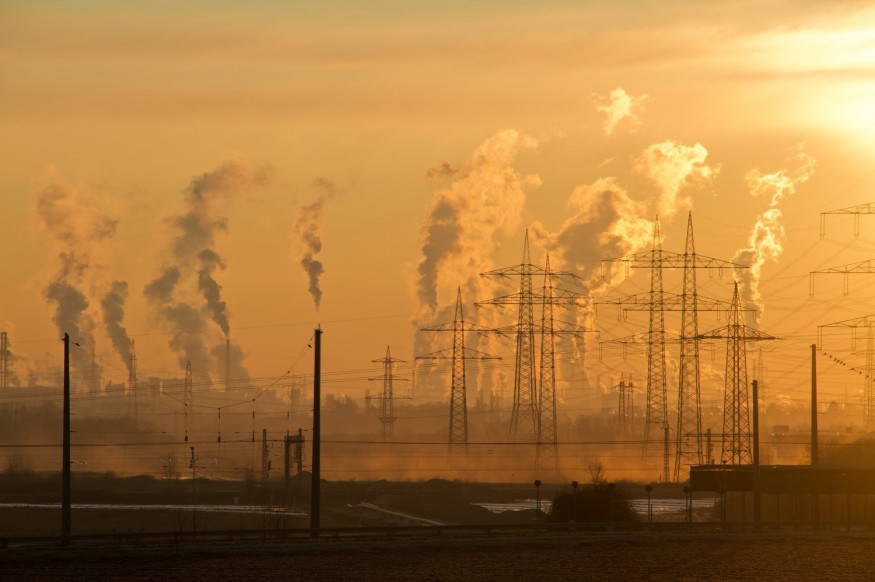A heat wave is threatening the electric infrastructure of Texas, according to reports early this week.
The extreme heat increases the state's potential power generation, while placing its power grids at risk.
As a result, the Electric Reliability council of Texas (ERCOT) are urging both residents and businesses to conserve their power supply.
NWS Heat Wave Forecast

The NWS' Weather Prediction Center (WPC) on Monday, July 11, stated that the dangerous heat could continue across areas of the southern Great Plains until midweek.
In Texas, this prompted the US weather agency to retain the ongoing heat advisories and excessive heat warnings for most parts of the Lone Star State.
The forecast comes as a heat dome returns to the Western US, which also affects the Southwest US and all areas adjacent to it, including Texas.
Hot weather and dry conditions are possible to continue across the region in the coming weeks and months as part of the US summer season, which spans from June to September each year.
NERC Summer Heat Report
In May, the North American Electric Reliability Corporation (NERC) issued a report entitled the "2022 Summer Reliability Assessment," which highlights the risk of an intense and prolonged heat wave to the electric infrastructure of the US.
The threat lies on above-average or scorching temperatures brought by the unusual weather phenomenon.
In particular, the assessment focuses on the persistence of elevated risk of energy emergencies and potential power grid failures nationwide, especially in the Western US.
The risk is due to the sweltering heat's high potential to damage power lines but also power grids.
Earlier this year, various reports question the capability of the country to make its energy infrastructure to withstand the upcoming 2022 summer season.
The inquiries refer to similar events in the past.
For instance, the NERC cites the heatwave of August 2020, which caused power grid failures as electricity generation and transmission struggled to meet increased electricity demand.
The availability of hydroelectric energy was also scrutinized in the assessment since it is expected to have a reduced supply due to the possibility of increased power demand.
The NERC said discrepancies in supply and demand would force energy operators to look for alternative sources like generators fueled by natural gas and battery systems.
Summer Blackout and Fuel Price Hike
According to Bloomberg, fears over the summer blackout could lead to a 300% increase in fuel price and a potential "windfall" may be profitable for US power plant owners.
However, it can have the opposite effect for some of the country's strained power grids.
Bloomberg also cited the extreme heat in Texas on Monday, which highlights that the state's power grids are on the brink of being significantly damaged or destroyed.
The situation forced Texas power grid operators to encourage conserve electricity consumption to avoid massive blackouts.
In 2021, Texas underwent an almost similar scenario when a winter freeze caused an increased demand and for plants to go offline.
This forced other of the state's grid to shutdown as well to prevent further infrastructural failures.
Related Article: Extreme Heat Waves Can Cause More Power Outages
© 2025 NatureWorldNews.com All rights reserved. Do not reproduce without permission.





